
OR
Editorial
Raising Internal Debt to Meet Revenue Target can be Counterproductive
Published On: October 12, 2023 07:32 AM NPT By: Republica | @RepublicaNepal
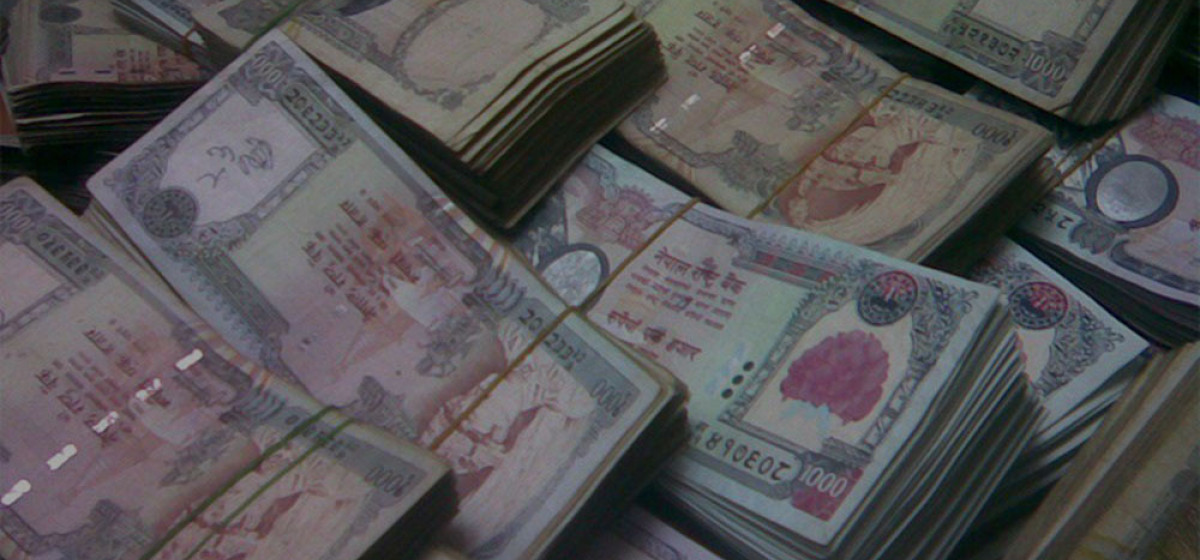
The government’s revenue collection target in the first two months of the current fiscal year fell short of the target by 18 percent. The Inland Revenue Department (IRD) and the Department of Customs (DoC) set a target of revenue collection of Rs 165.88 billion for the period between mid-July and mid-September. However, these tax authorities could collect only Rs 135 billion in the two months. The revenue collection amount in the review period this year was 12 percent less compared to that of the same period of the last fiscal year.
This revelation is not surprising though because the government is chiefly reliant on imports to meet its revenue collection target. It is obvious that the government’s revenue will be affected when imports drop. Although the government has already lifted the import restrictions, which the central bank had imposed to preserve the foreign currency reserves, the volume of imports has not increased due to the overall economic slump and the decline in purchasing capacity of the general public.
According to Nepal Rastra Bank, the country’s merchandise imports decreased by 1.6 percent to Rs 129.24 billion during the first month of FY 2023/24 compared to a decrease of 12.9 percent a year ago.
Destination-wise, imports from India and China increased 3.3 percent and 17.0 percent respectively while imports from other countries decreased 23.1 percent. Imports of rice, paddy, MS wire rod, bars, coils and others, chemical fertilizer, hot rolled sheet, electrical goods, among others increased whereas imports of petroleum products, crude soybean oil, crude palm oil, medicine, MS billet, among others decreased in the review period.
The decline in petroleum products can also be attributed to the increase in domestic production and consumption of electricity, which is a good sign. However, the major problem remains the same – the country is heavily reliant on revenue from imports to run the state affairs while the economy is also afloat due to the remittances sent by Nepali migrant workers toiling day and night in foreign countries, especially the Gulf nations and Malaysia.
However, another worrying trend is that half of the remittances sent by the Nepalis in foreign employment are spent in daily consumable goods, including a significant proportion in imports.
The government must realize that it cannot depend on taxes imposed on imported goods to sustain itself forever. When the government fails to raise revenue from imports, it either resorts to taking foreign aids or raising domestic debt, both of which can be counterproductive.
In fact, the government has already collected a significant amount in internal debts in the first two months of the current fiscal year.
In the schedule published in mid-July, the government had a plan to raise internal debt of Rs 55 billion in the first quarter. This is 22.9 percent of the total loan of Rs 240 billion which the government intends to collect in the current fiscal year.
According to the new schedule, the government is going to raise Rs 80 billion in the first quarter. This is 33.3 percent of the target.
As a newspaper, we suggest the government increase the tax net instead of the tax amount. There is an immense potential to raise a significant amount of revenue if the government is able to collect rental taxes from the urban areas alone. Although there is legal provision to collect such taxes, the government has failed to implement them, thereby losing a significant amount that could have been collected in the state treasury.
It is never too late to make a fresh start to collect rental taxes from the mushrooming houses in urban cities. We hope that the government focuses in the right direction and starts collecting the long overdue rental taxes instead of wasting energy in demolishing buildings and troubling importers by raising the tax ceiling.
You May Like This
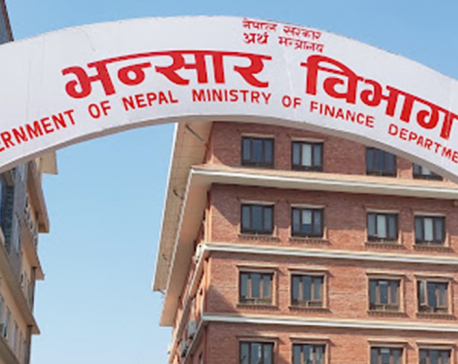
Nepal’s nine months’ export earnings could not finance its one month’s imports expense
KATHMANDU, April 21: Nepal posted a pathetic performance in its foreign trade as of the third quarter of the current... Read More...
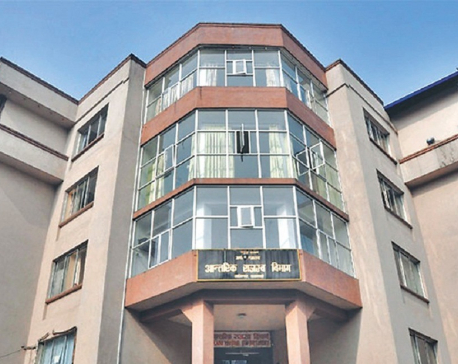
IRD yet to recover tax dues of Rs 113.07 billion, while government faces shortfall in revenue collection
KATHMANDU, Nov 26: While the government struggles to manage adequate revenue to meet its daily financial liabilities, the Inland Revenue... Read More...
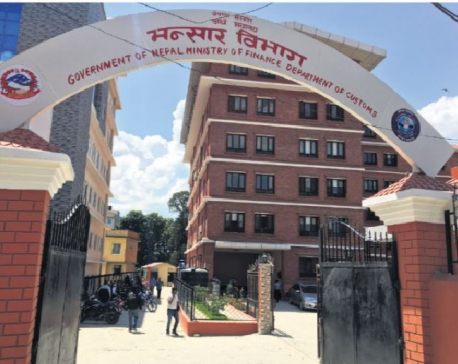
Nepal exports goods worth Rs 121 billion in past 11 months
KATHMANDU, June 25: In the first 11 months of the current fiscal year, Nepal exported goods worth Rs 121.25 billion,... Read More...


Just In
- Gandaki Province reports cases of forest fire at 467 locations
- Home ministry introduces online pass system to enter Singha Durbar
- MoLESS launches ‘Shramadhan Call Center’ to promptly address labor and employment issues
- Biratnagar High Court orders Krishna Das Giri to appear before court within one month in disciple rape case
- Ilam by-election update: UML candidate Suhang maintains lead
- Korean embassy and NTB jointly commemorate 50th anniversary of Korea-Nepal diplomatic relations
- SC administration files contempt of court case against SidhaKura
- Second day of Nepal Investment Summit to feature diverse discussions



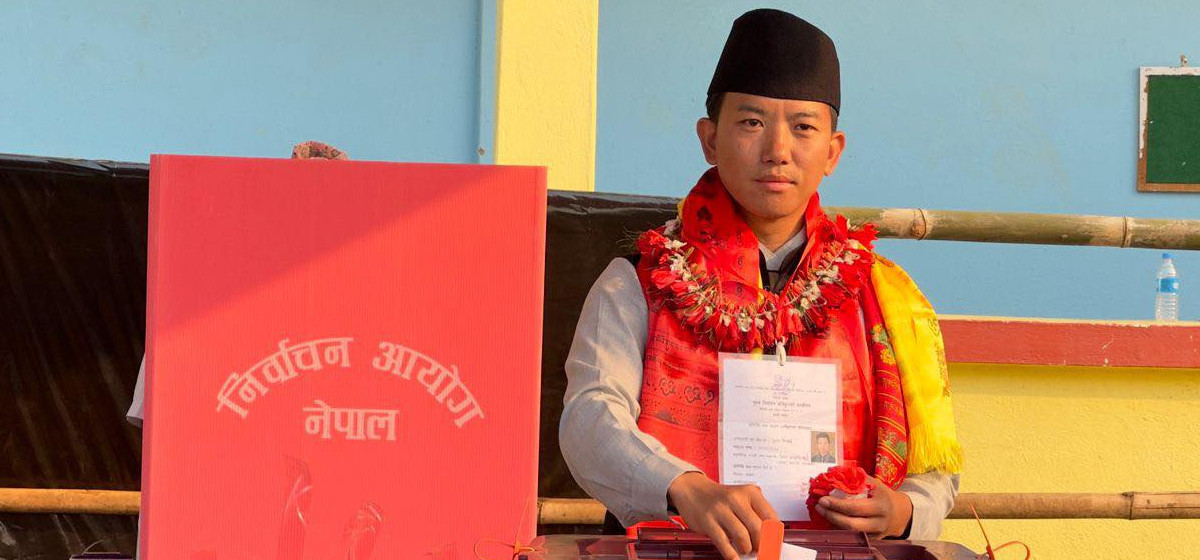

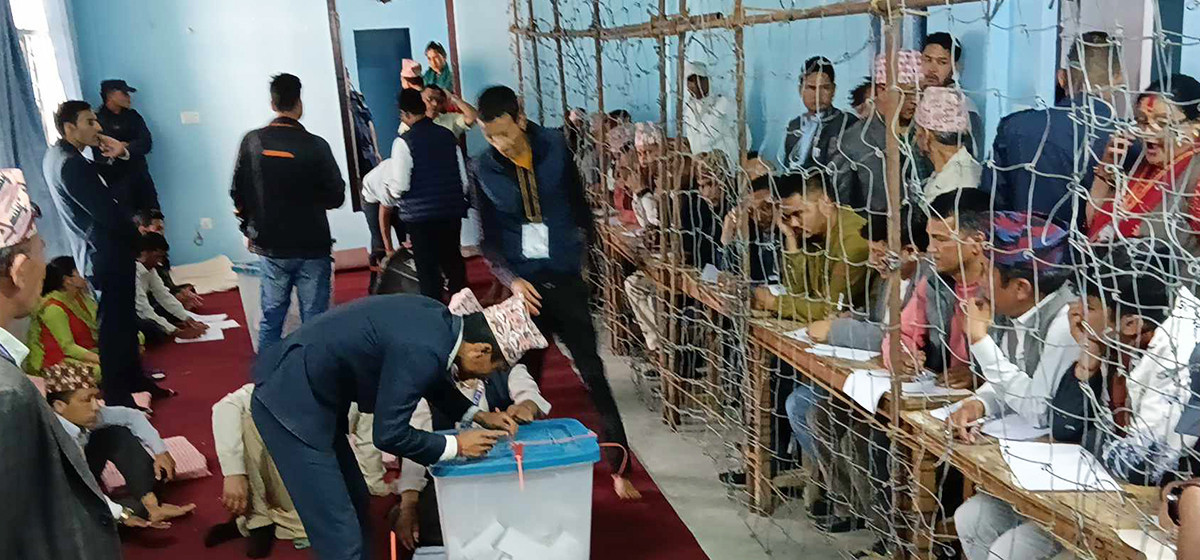





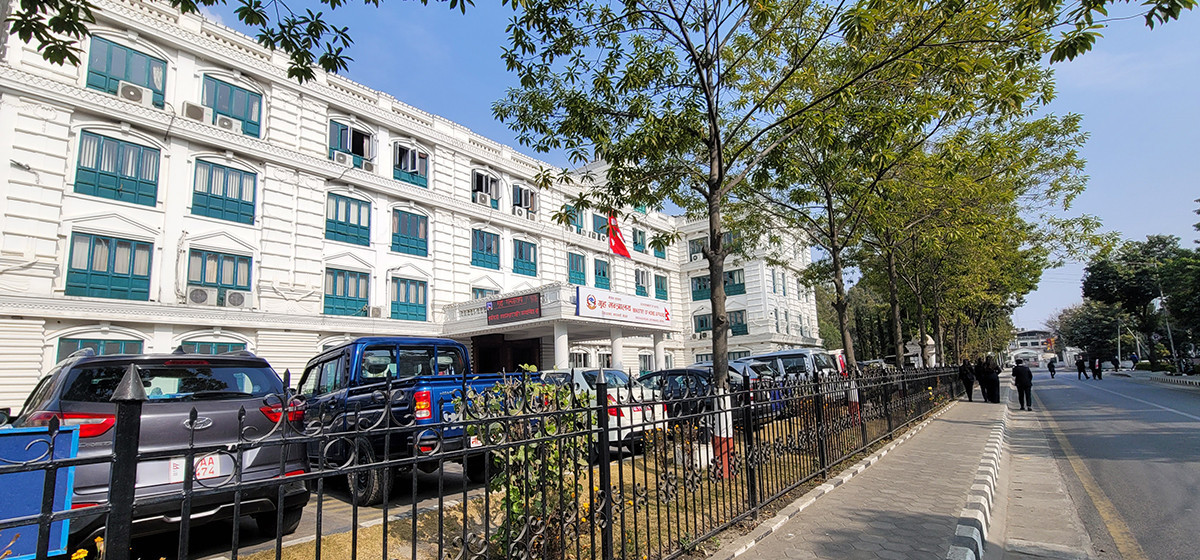
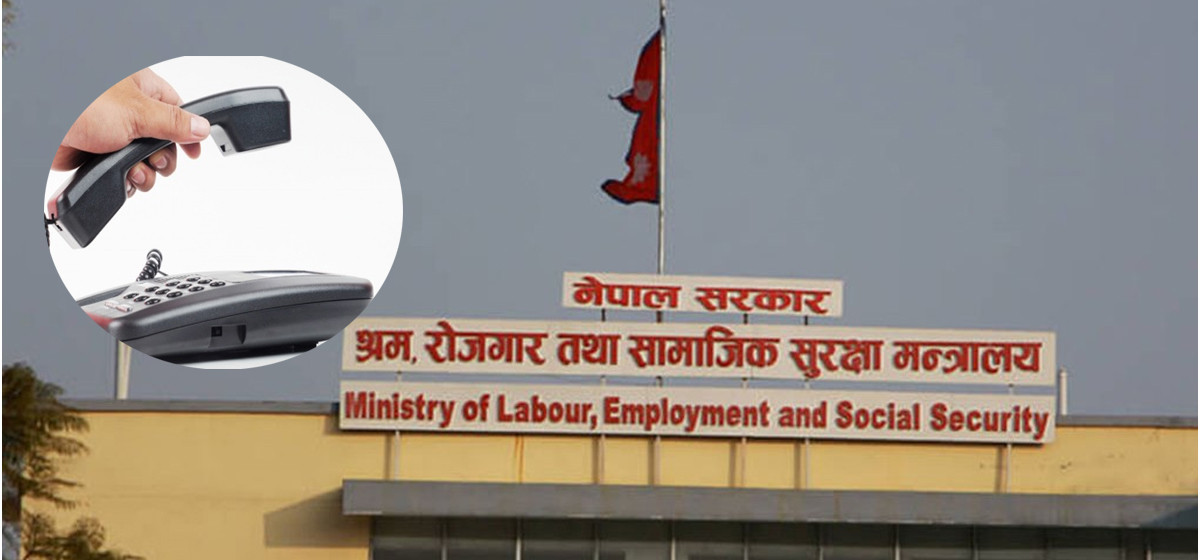


Leave A Comment